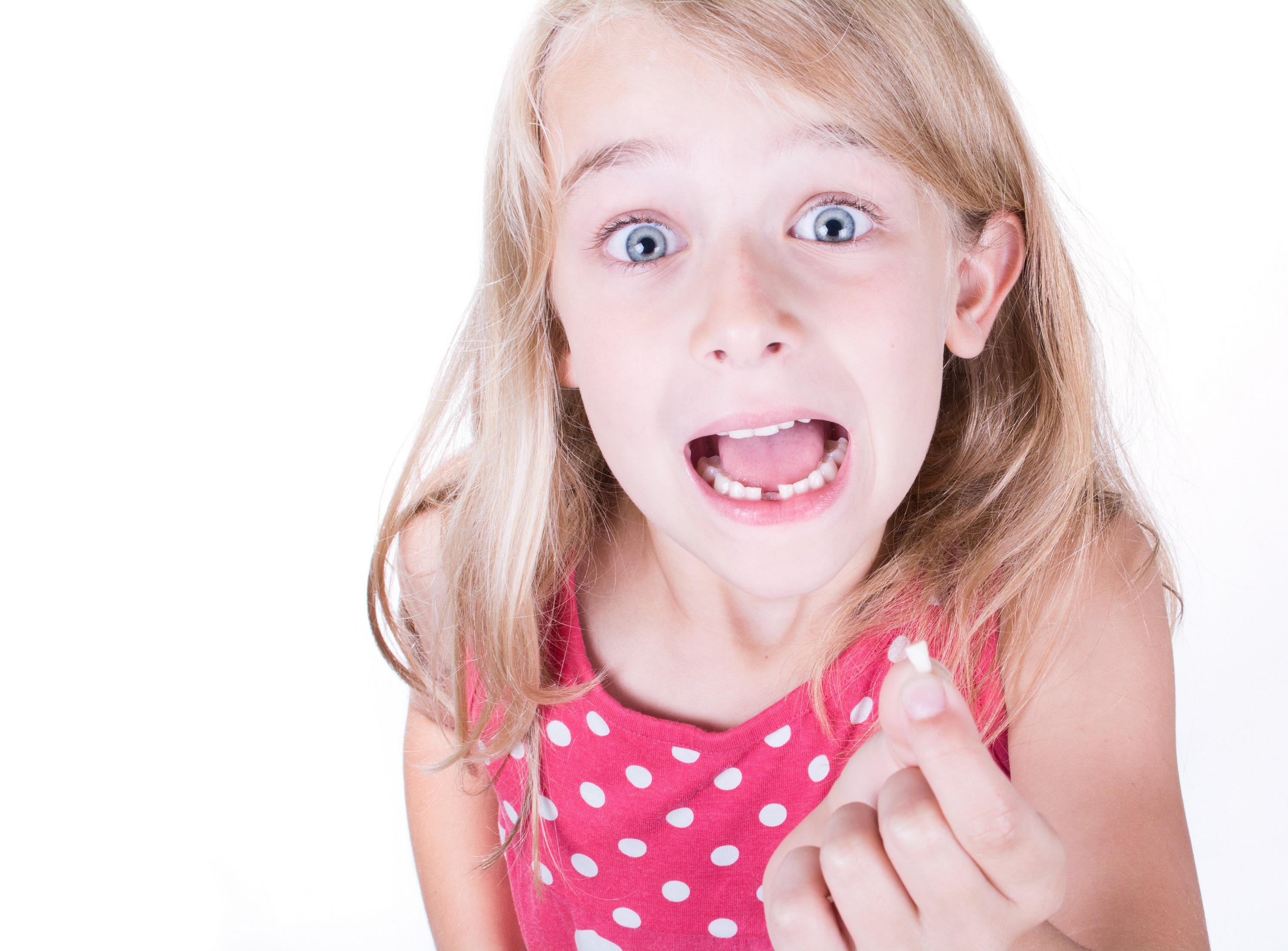YOU READY FOR NATIONAL TOOTH FAIRY DAY?
Tooth Fairy now shelling out up to £100 per child!
She’s almost as famous as Father Christmas and the Easter bunny, but just how old is the tooth fairy ritual and why did pillows become the hiding place of choice?
Plus survey reveals that while half of the UK currently leaves a shiny £1 coin per tooth, more than 20% of British kids are getting between £2 and £5 per tooth – that’s up to around £100 per child by the time they’ve lost all of their baby teeth!
The ‘Tooth Fairy’ has also FAILED to turn up in around 78% cases per child – but help is at hand as parents share top tips on what to do if things don’t quite go to the Tooth Fairy’s plan.
In preparation of National Tooth Fairy Day on February 28th 2016 The Fine Bedding Company surveyed 2,012 UK parents to find out more in terms of the nation’s habits when it comes to placing baby teeth under the pillow.
The survey revealed that the standard going rate is currently £1 (just over half the children (53%) get £1 in place for a tooth).
But a lucky 11% of children now receive £5 and 9% of children wake up to find £2.
A less fortunate 11.5% of children are given 50p for their teeth and just 5.5% receive just 20p.
A mysterious 10% were left other amounts (or whatever was in their parent’s purse it seems which soon had to become the ‘going rate’) or didn’t allow their kids to take part in the tradition.
An expensive mistake to make, but a massive 78% of parents said they had forgotten to ‘be the Tooth Fairy’ at some point in their child’s lives. This parenting fail has resulted in some creative explanations with popular excuses range from the Tooth Fairy running out of money, collecting too many teeth that night and his/her bag being too heavy with coins and the weather being too bad for fairies to fly.
Sara Wadsworth of The Fine Bedding Company said: “We weren’t expecting quite such a divide in terms of the ‘going rate’ of the Tooth Fairy. But the survey did show that not having any change is a big reason behind the reason for this difference in what’s left. What was surprising though was just how many parents forget.”

no more money
Top excuses given when the Tooth Fairy failed to show were:
1. The tooth wasn’t clean enough – she’ll check back tomorrow.
2. How tidy is their room? If messy Tooth Fairy couldn’t get in so will come back tomorrow….
3. The coin wasn’t shiny enough so she’s taken it back to polish it up
4. Bad weather can prevent the Tooth Fairy from flying
5. Sometimes the Tooth Fairy leaves two £1 coins when she’s too busy on the first night
Sara added: “When lack of change is the issue a tried and tested idea is to leave a note from the Tooth Fairy as an IOU or a note saying ‘I’ve asked Mummy to take you to the toy shop’ for example. The child is still excited that the tooth fairy has visited and gives another day to get change together. Or one parent advised “Go to the pub, buy yourself a drink….voila £1 change and if all else fails the coin the Tooth Fairy left may just have ‘slipped down the side of the bed’ only to be found later that day!
“And a lovely idea shared by one Mum was to sprinkle petals and glitter around the bedroom and move toys around as though the Tooth Fairy had been playing with them. Kids love the theatre.
“Another top tip is to set an alarm on an iphone to make sure you don’t forget.”
The results of the survey are in line with a previous study that shows there has been a steady 60p increase in the last five years. It also found regional differences in the average figure with parents in London and the South East more likely to leave more than £2 for a lost tooth.
In terms of the tradition itself, the Tooth Fairy is positively young in terms of British tradition.
According to Wikipedia, the modern incarnation of putting a tooth under a pillow was first documented around 1927 and it’s a practice carried out in various countries in the Anglosphere.
Prior to this teeth were burned, buried and put in mouse holes!
It’s thought that the ‘fairy’ idea may have been a means to calm a child while they were undergoing the strange and fearful experience of losing a tooth.
Sara Wadsworth added: “The promise of a visit from the tooth fairy and a gift, usually money, turns the occasion into something to look forward to. Children’s beds and bedtimes are such a special place and time that it’s an occasion that should continue to be upheld for as long as possible.
“While some parents have adapted pillows that are hung to doors to place the tooth / money in, the tradition of putting a tooth actually under a pillow and the Tooth Fairy gently making the exchange is set to continue for a long while yet.”




No Comments